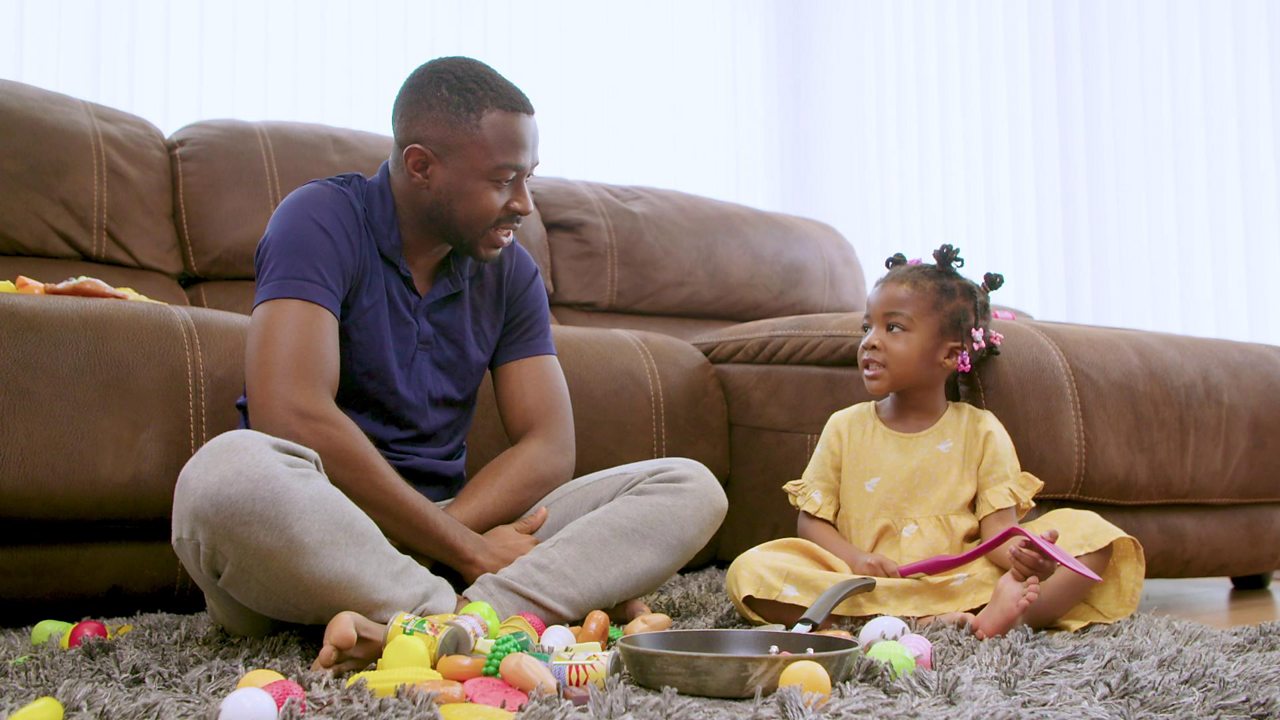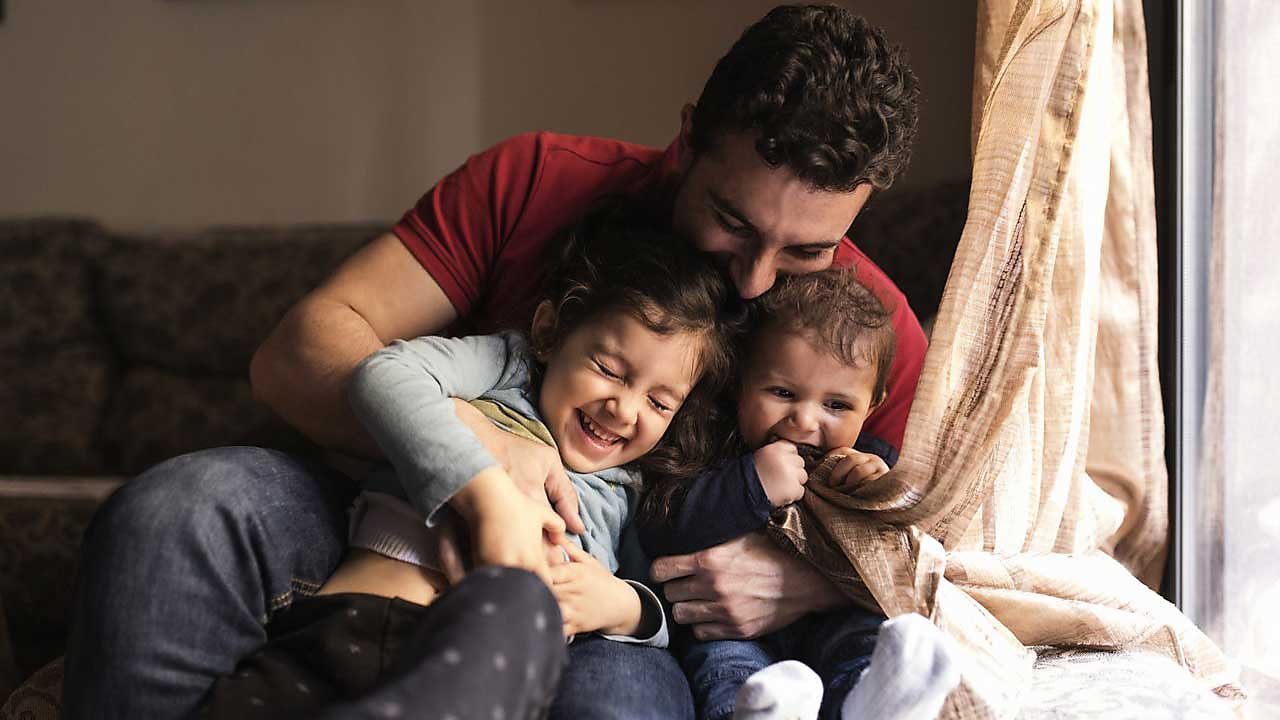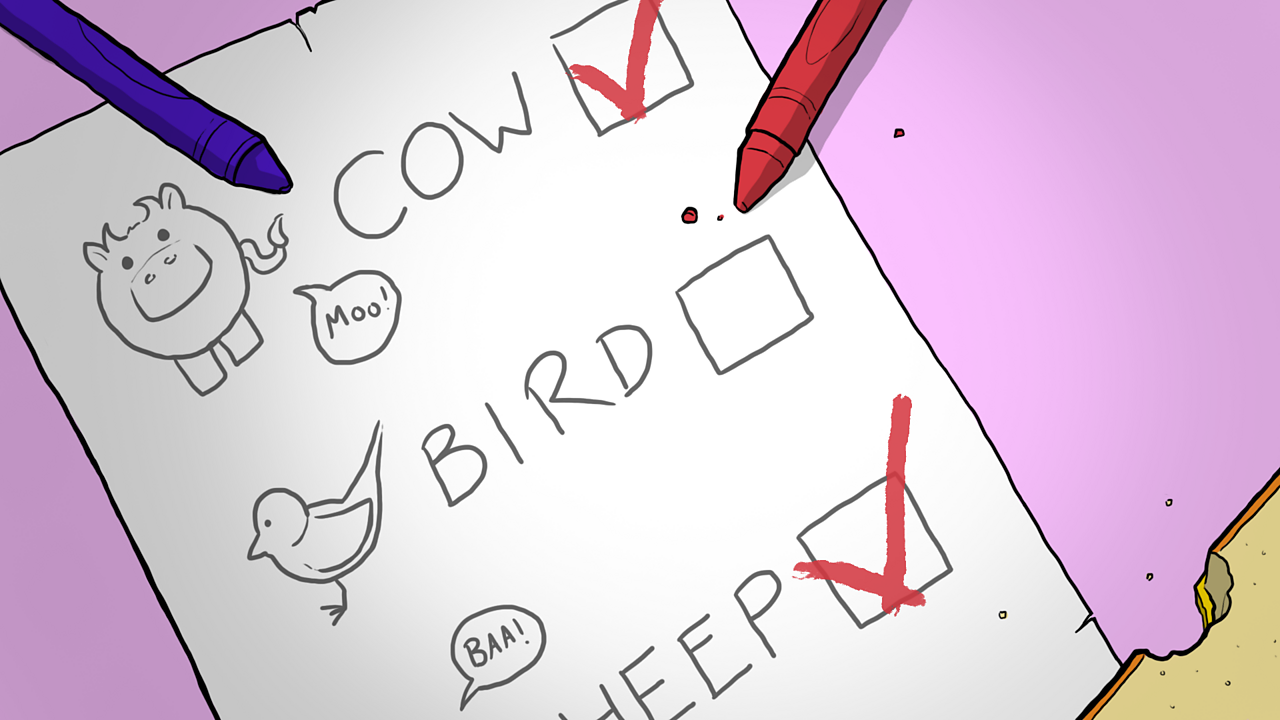10 fun park activities to help your child’s communication skills
Whether it’s interesting cloud formations overhead or the rustle of the trees, your local park is full of inspiration for your child and plenty of opportunities to chat.
They’re the perfect place to have a mini-adventure, says speech and language therapist Alys Mathers. “Your park is full of sights, sounds and experiences all of which your child will love to chat about with you. Put yourself in their shoes, explore it with them and talk about what they’re looking at.”
Here are 10 ways you can turn your park trip into a learning experience…
1. Make the most of the journey
Even the process of getting ready to go outdoors or walking to the park are opportunities to interact with your little one. Use it as time to talk about where you're going and chat about what you see on the way.
2. Visit the ducks
Ducks are endlessly interesting for babies and young children. Follow their lead by watching what grabs their attention and chat back, using expressive words connected to sounds like 'quack, quack' and ‘splash, splash’.
3. Listen out
Everyday sounds like crunchy gravel or birdsong captivate young children of all ages. Take time to listen as you walk round the park – pausing to talk about what your little one hears can help them make sense of the world around them and introduce them to new words.
4. Experience nature together
As well as looking and listening to nature, touching leaves, twigs, pebbles and moss (if it’s safe to do so) can also fire your child’s imagination. Make a nature collection together, encouraging them to describe what each items looks and feels like.
5. Play memory games
Memory games about everyday situations are lots of fun for over 3s and a great way to help them build sentences. Repeating new words can also help to boost their confidence in using more complex language. Try pointing out certain things at the park and when you're home, take turns to remember what you saw or heard.
6. Make the most of the rain
Don’t let a shower put you off. Babies are fascinated by umbrellas and as you walk, chat to them about the sound of the rain on it and the interesting shadows it casts. Older children will also love the experience of splashing and messy play in puddles.
7. Enjoy some playtime
If your local playground is open again and you feel safe, make the rides into a chatting experience. Face your child and talk about what they're doing – use active words like ‘up’ and ‘down’ as they move, so your child can see and hear what they mean. You could even take your child’s favourite toy and get them involved too or sing nursery rhymes.
8. Play ‘I spy…’
One of the most versatile activities there is, ‘I spy…’ can help boost your child’s confidence in using new words – and it’s a great game to play with other family members too.
9. Try pretend play
By the time they’re around 2 years old, your child will love pretend play. How about encouraging them to use their imagination to make up a situation at the park? Get fully immersed too, even if that means you have to impersonate a monster, and ask them lots of questions.
10. Play catch (with a twist)
Taking turns to catch and throw a ball using different words will expand your child’s vocab and develop their language skills. Theming your games is a great idea; for instance, you could ask your child to name different animals or colours.
What are your favourite park activities with your child? Let us know over on our Facebook and Instagram pages.
Never leave your child unsupervised and if you're touching plants, please be aware that some are potentially harmful. Check out this helpful list from the RHS.





